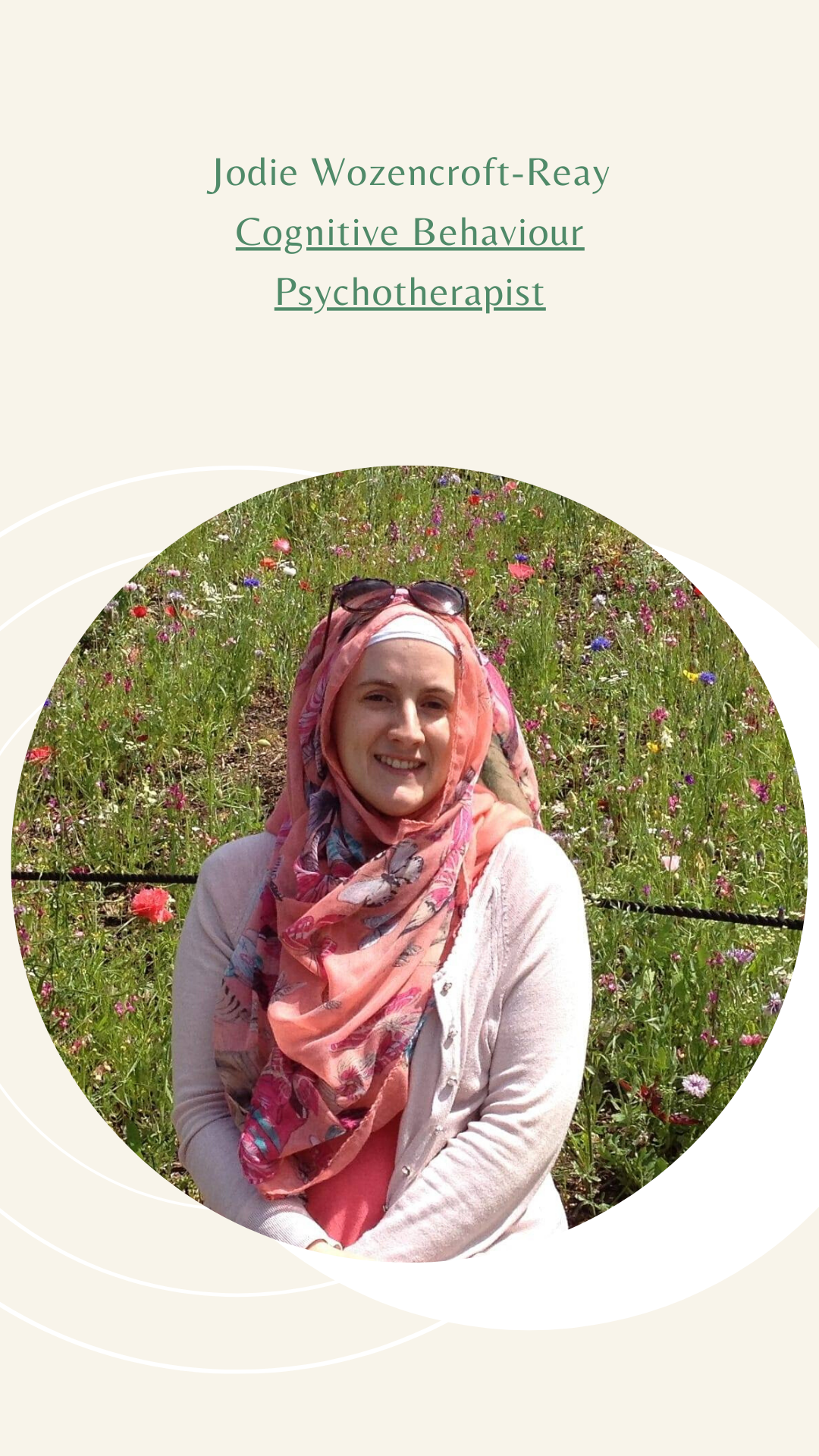What is psychotherapy and why do we need it?
- Jodie Wozencroft-Reay

- Jul 12, 2020
- 2 min read
Updated: Jan 14, 2021

The first thing is: mental health is part of physical health and visa versa. You can’t have one without the other so we as a community need to keep raising awareness and challenging the stigma around mental health.
Psychotherapy comes from the words psychology and therapy. Psychology meaning “study of the soul” and therapy meaning “to treat”. Many people, and in fact many psychology and psychotherapy courses teach that psychotherapy is a western modern intervention with the likes of Freud, Skinner and Beck who developed cognitive behaviour therapy, known as CBT. But actually, Islam has a long and richly diverse tradition within psychology, with scholars such as Ibn Sina and Al-Ghazali. Alhamdulillah that this tradition is being revived by experienced psychotherapists such as Dr Malki Badri, Professor Rasjid Skinner and Dr Abdullah Rothman through the International Associated of Islamic Psychology.
Islamic CBT, to me, is the original CBT. Psychotherapy needs to include the soul. If it’s too clinical and stripped back, it can become superficial rather than deep changing work. In fact, although it was not thought of as CBT at the time, Abu Zayd al-Balkhi was an 9th century scholar who wrote what we would see today as a CBT manual for depression, anxiety and even obsessive compulsive disorder (OCD) called the Sustenance of the Soul.
But why do we need psychotherapy? It helps us to take different viewpoints and perceive situations differently. As the hadith of the Prophet, peace and blessings be upon him says:
Wondrous is the affair of the believer for there is good for him in every matter and this is not the case with anyone except the believer. If he is happy, then he thanks Allah and thus there is good for him, and if he is harmed, then he shows patience and thus there is good for him.
I see psychotherapy as an avenue for blessings and healing from Allah subhana wa’tala. By doing this we have the opportunity to have sabr in times of hardship which pleases our Lord.
Another important hadith to consider on the subject is: The Prophet, peace and blessings be upon him, said, “Allah did not send down any disease but that he also sent down the cure.”
Mental health disorders and illness exist. Depression, anxiety and obsessive compulsive disorder are real. With modern technology we’ve show the different levels of serotonin, dopamine and adrenaline that impacts on our psychological health. Untreated these disorders can make people suffer to such a degree that they cannot comprehend that Allah subhana wa’tala loves them, they can’t get the motivation to get up and pray their salah or in the case of OCD acts like wudu become so distressing it can delay someone being able to pray with khushoo or even on time. All of these things impact our connection with Allah. If we cannot contemplate His mercy, His love and His healing, we are prevented from our fitrah which is to draw closer to Him and that is our purpose in this world through our worship, our actions and our love for our Lord.




Comments